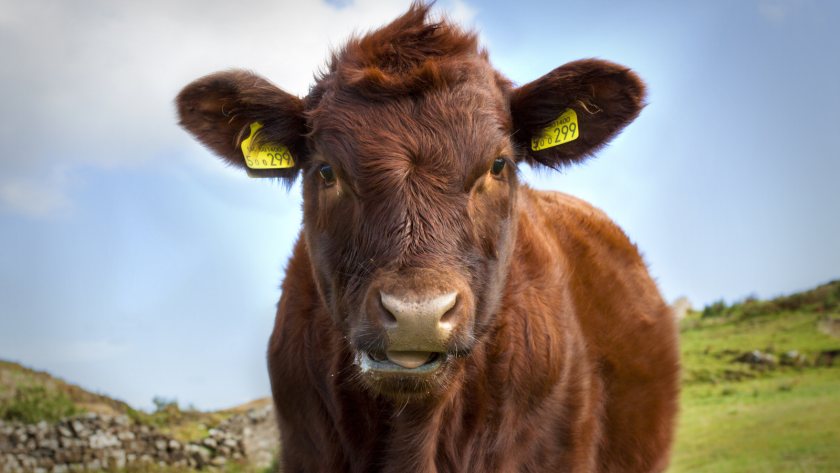
Farmers are being asked to remain alert to the risks of on-farm lead poisoning for cattle, including proactively removing potential sources of it.
As preparations for the grazing season begin, Food Standards Scotland (FSS) has launched is 2022 on-farm poisoning prevention campaign.
It will include social media messaging alongside engagement with industry bodies to distribute information on the cause and prevention of livestock incidents.
Lead batteries, old paint, bonfire ash and fly-tipping are the primary causes of lead poisonings, according to the FSS campaign.
Although there haven’t been any recent incidents, over 400 animals have been restricted from the food chain due to lead poisoning since 2019.
Stuart McAdam, head of incidents at FSS, said that lead poisonings could have a devastating impact for farmers, as well as a risk to consumers.
“Lead is a highly toxic metal which can cause slow or stunted growth, blindness, infertility, birth defects and death," he said.
"Not only are the health impacts on livestock distressing, but there are financial implications such as veterinary fees, carcass disposal and loss of market value."
Contaminated meat, offal and milk containing lead at levels above legal limits is unsafe and illegal to sell.
In addition, there is a minimum 16-week withdrawal period which can cause delays across supply chain and incur costs for testing.
“We know farmers are serious about the health and welfare of the animals in their care, but because incidents of lead poisoning often peaks in spring when cattle are put out to pasture we’re re-launching our on-farm incident prevention campaign.
“Prevention is the best strategy and checking fields regularly and removing animals’ access to these sources are the first steps," Mr McAdam said.
Steven Barron, of Findowrie Farm in Angus, knows first-hand how distressing on-farm incidents like lead poisoning can be.
“It happened during the first lockdown and we were down to our last seven calves to be born.
"I remember enjoying watching the rest out in the field as it was a beautiful sunny day, but the next day I was shocked to find some of the cattle had died.”
In total, he has lost eight cattle due to lead poisoning, with two batteries found in the field which had been dumped by fly-tippers.
“I’m really cautious about using batteries now for electric fences. When using them, we ensure that the battery and fencer are covered or located out of reach of cattle.
“Disposal of old batteries is also very important and we ensure there are no redundant batteries left on our farm."
